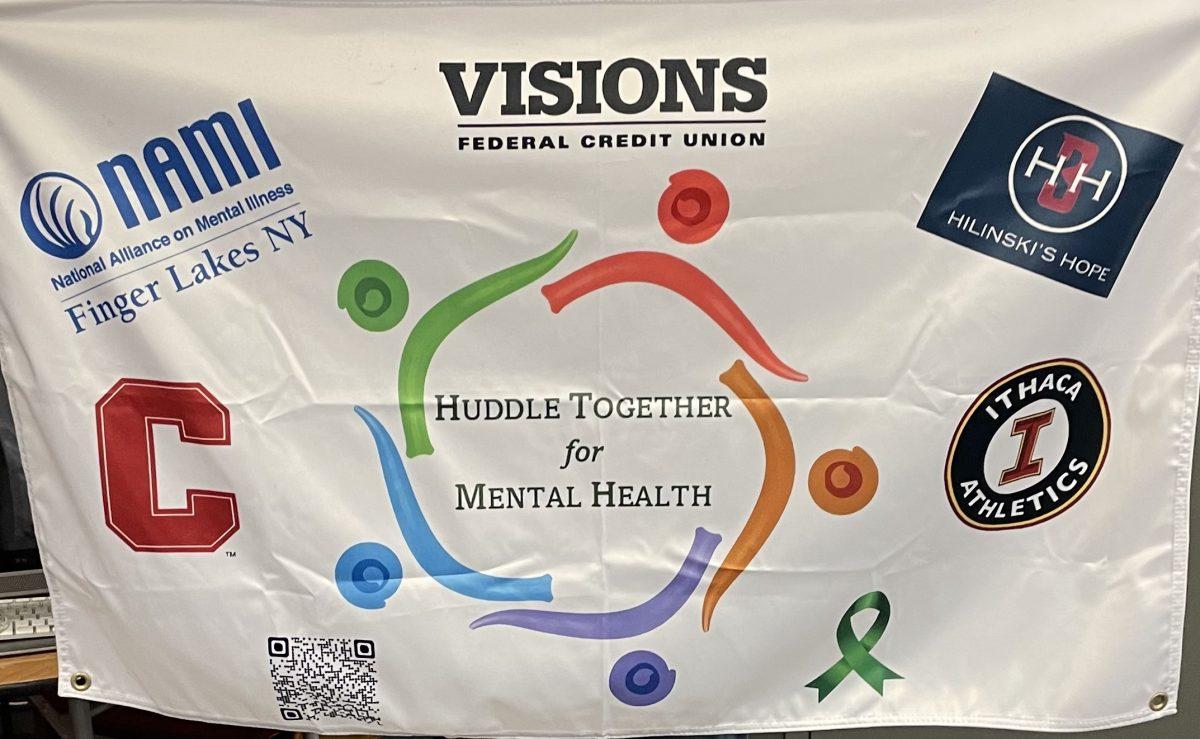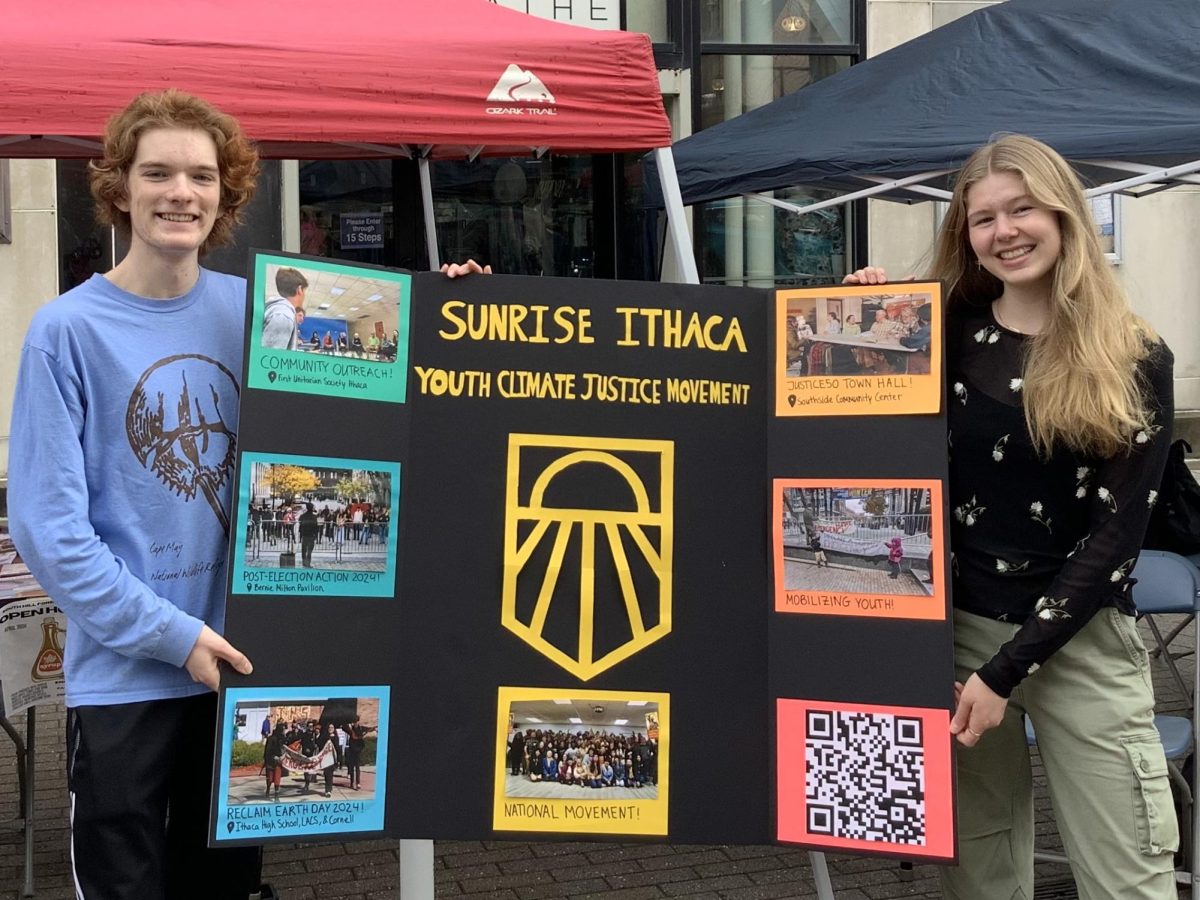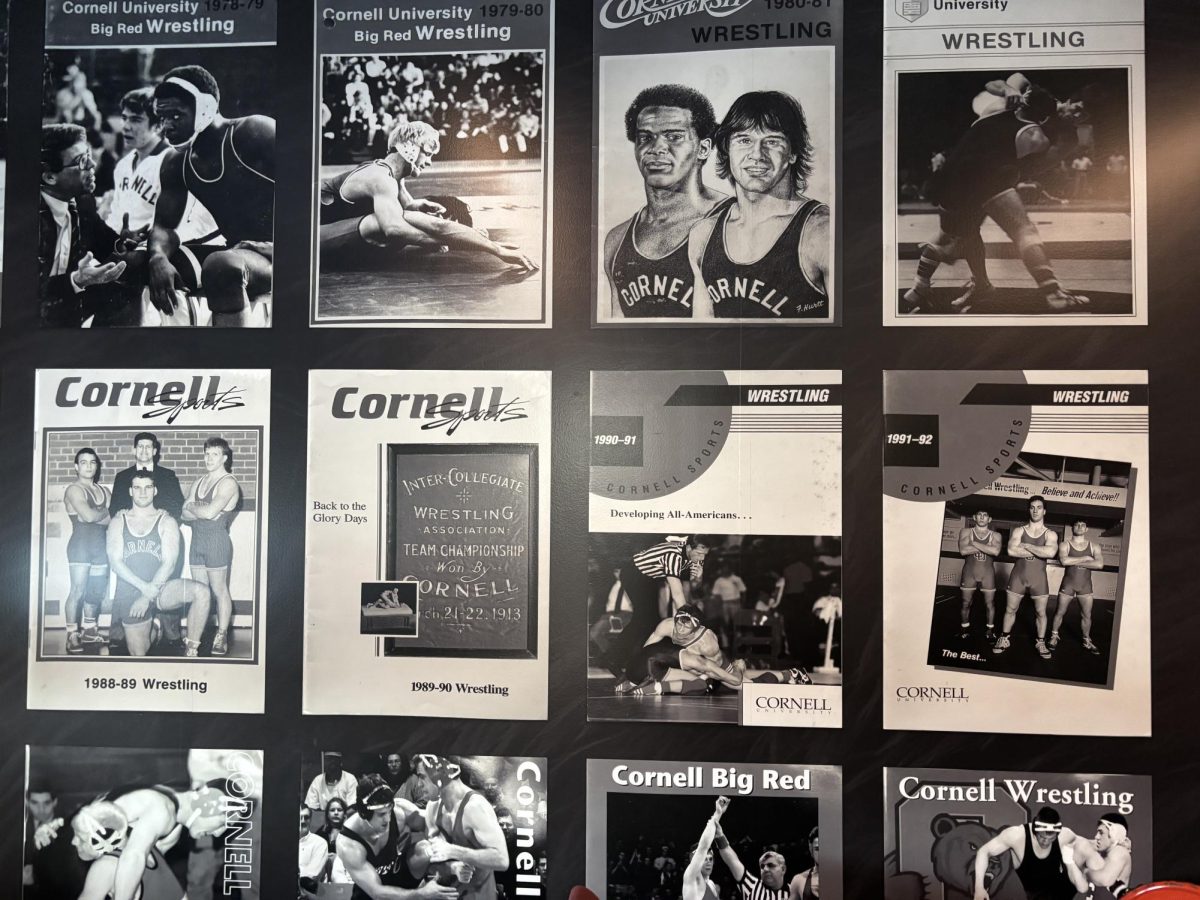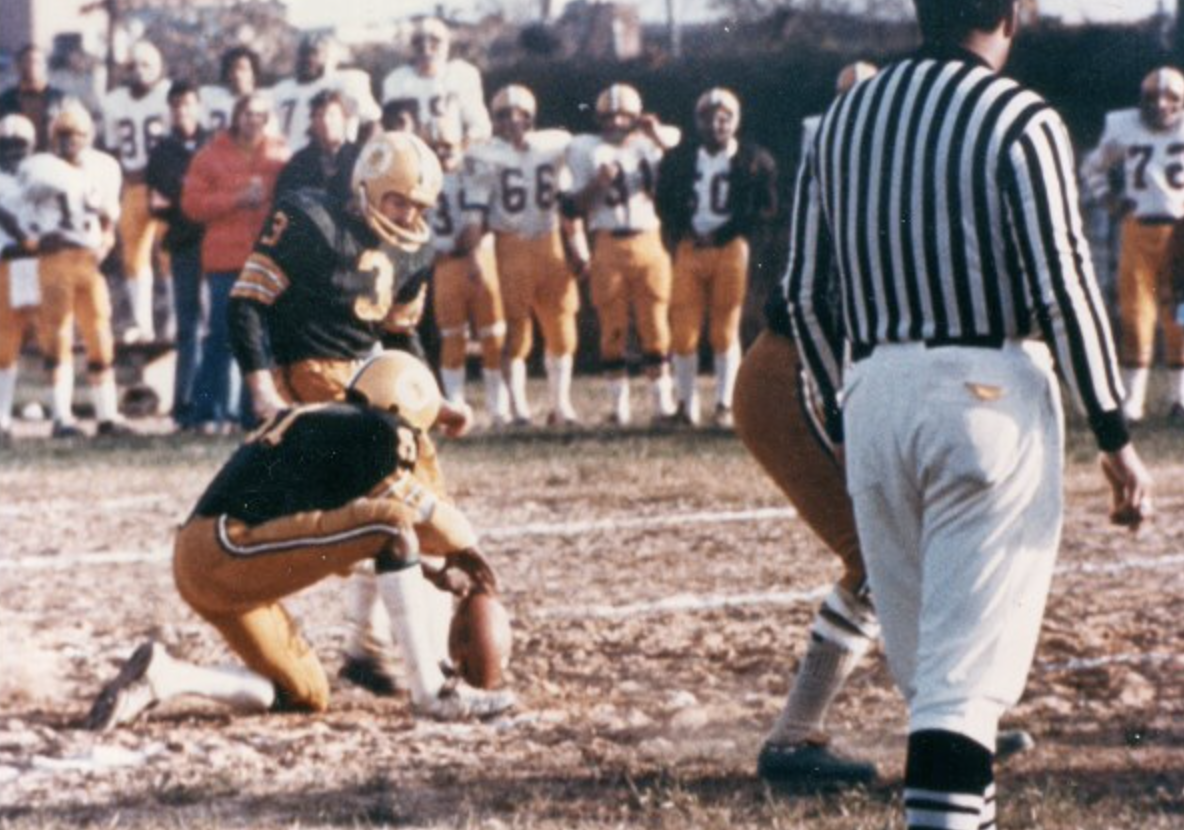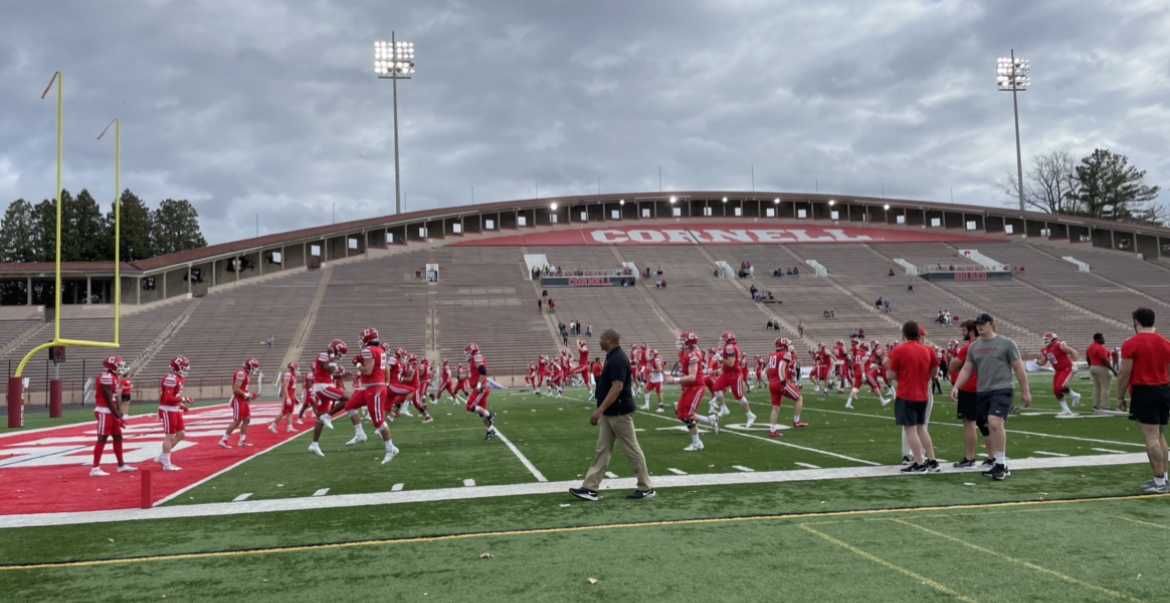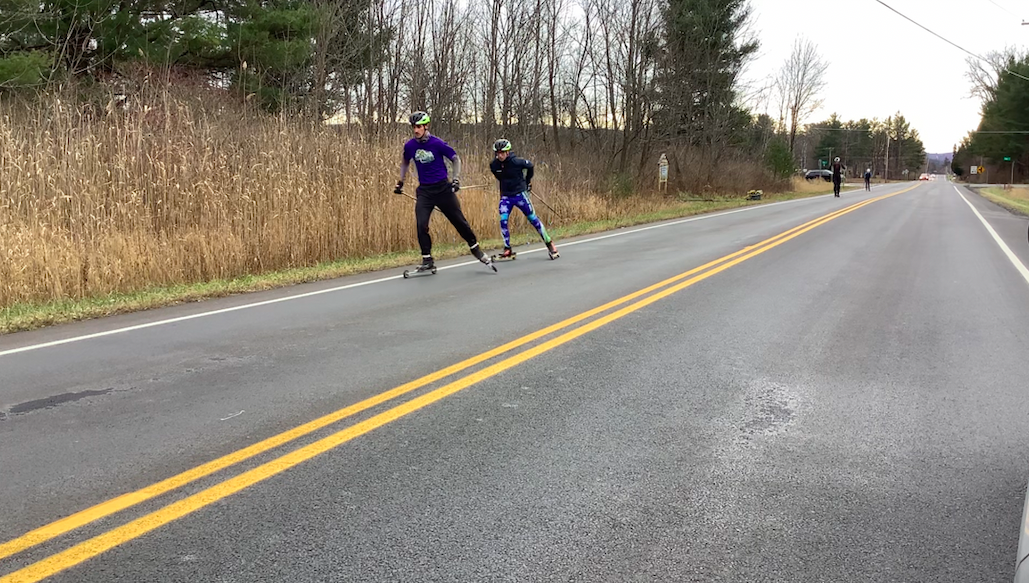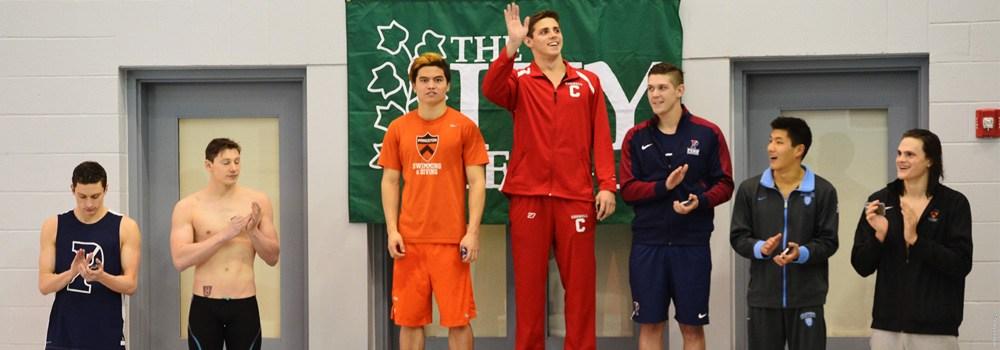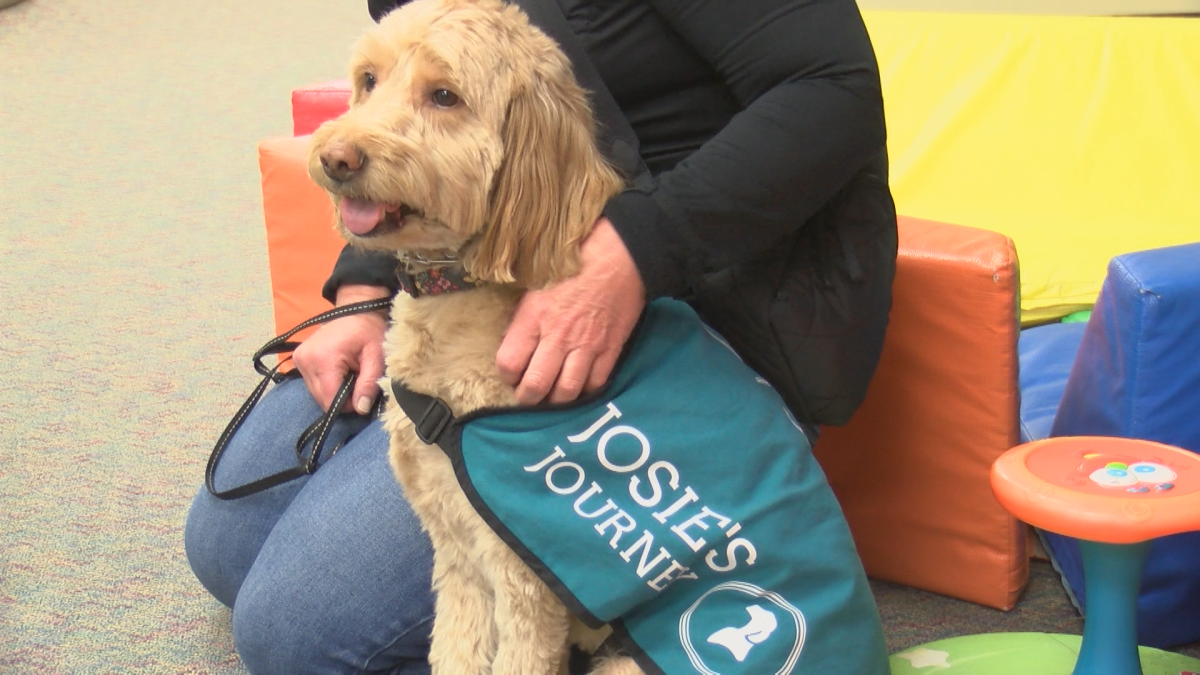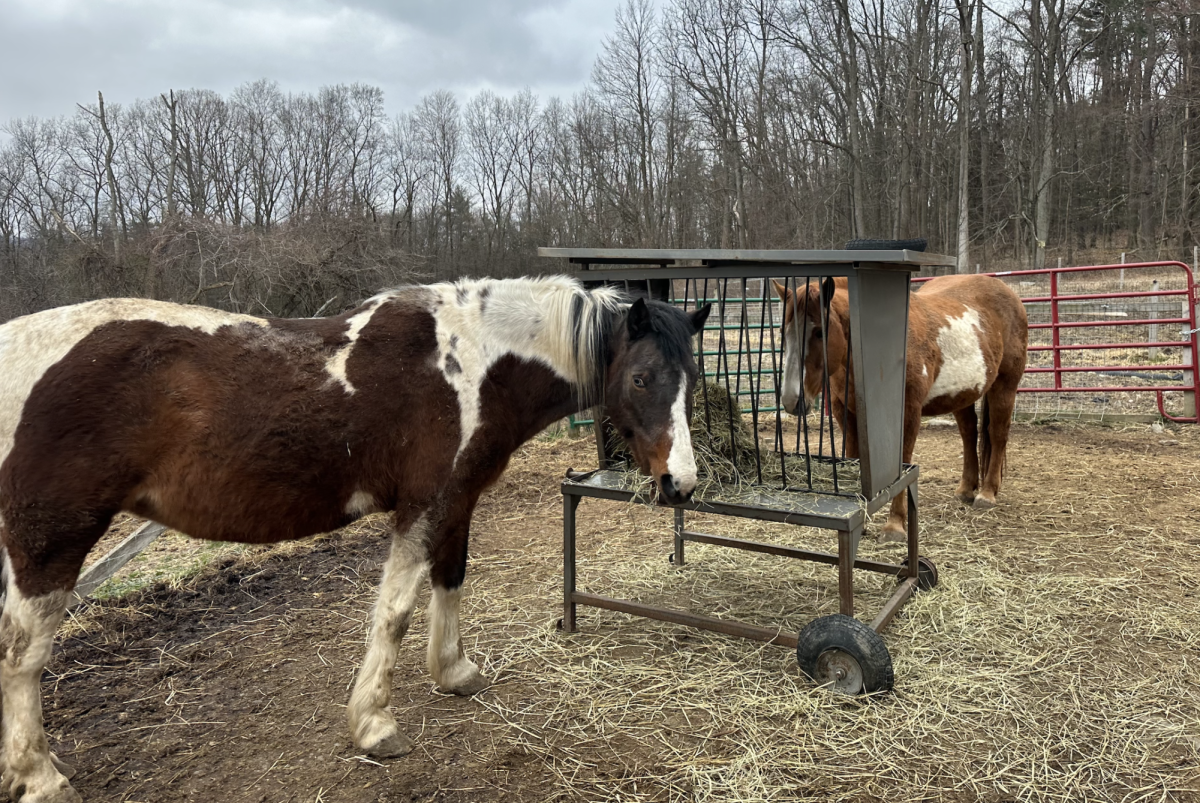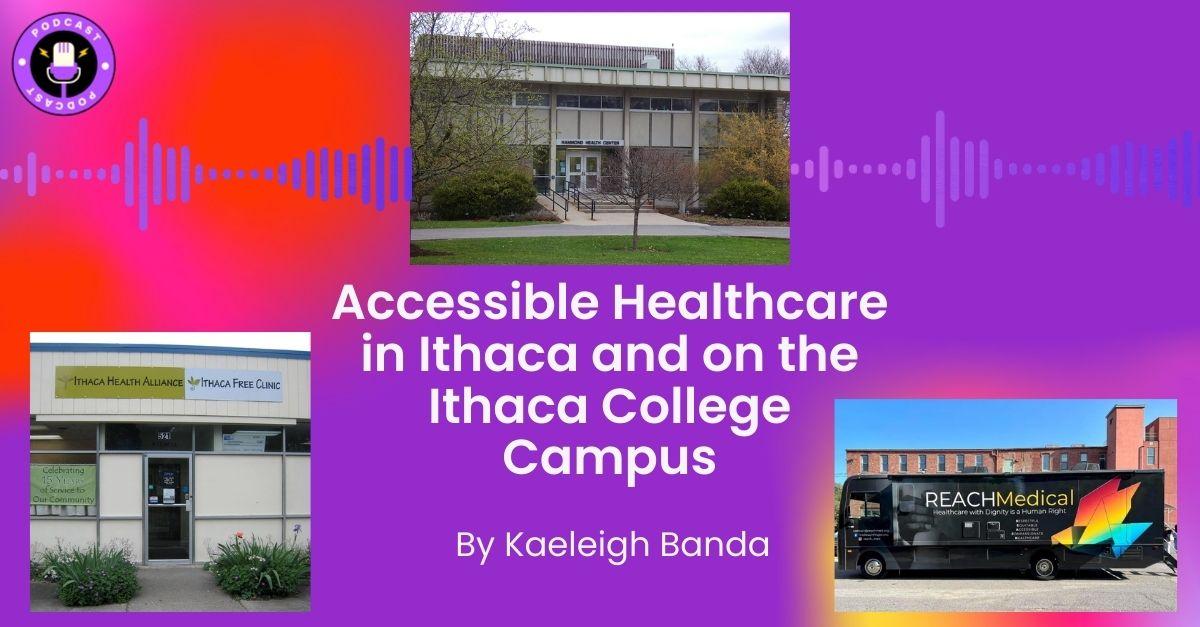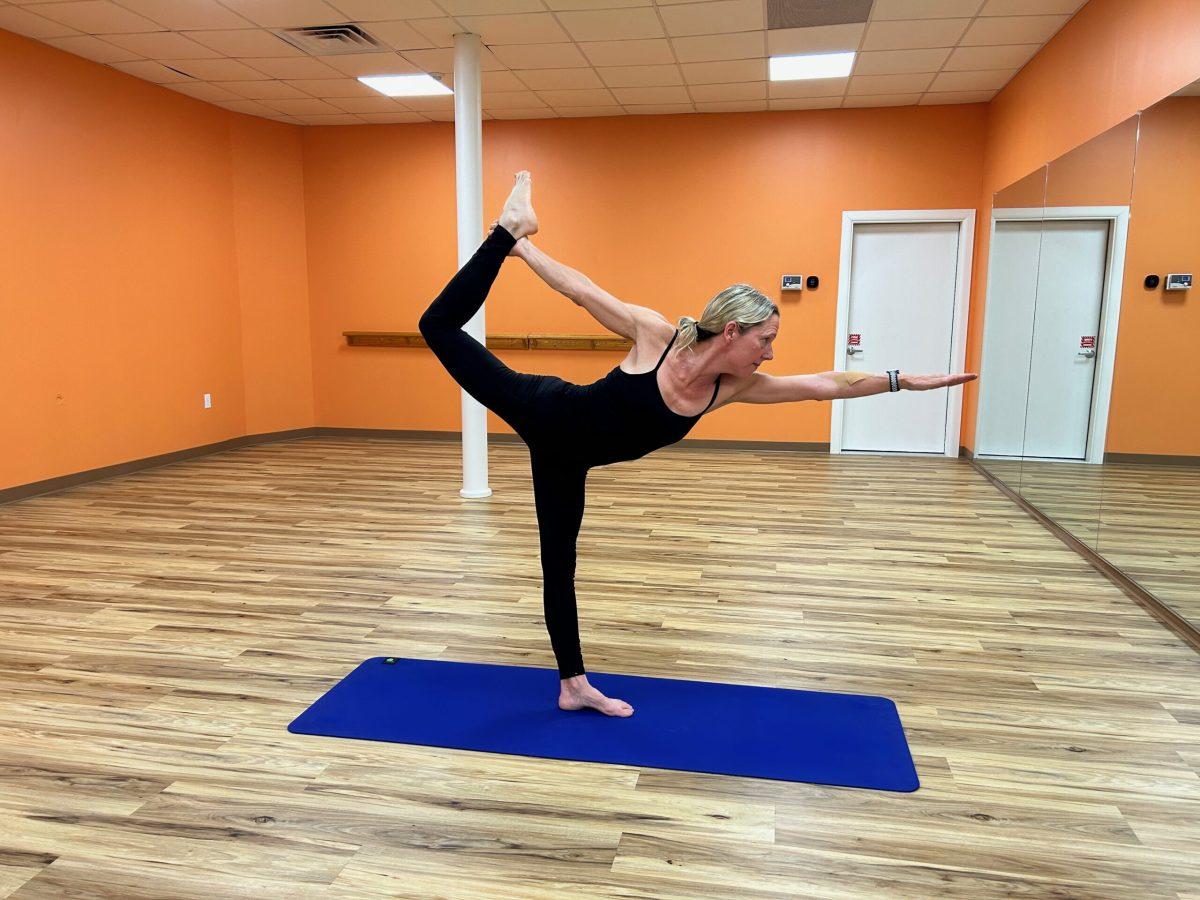
Mental Health and Athletics
Suicide is currently the second leading cause of death across college campuses, which has created a need for greater suicide prevention training and mental health resources for coaches and players alike.
5 NCAA athletes – Katie Meyer, Robert Martin, Sarah Shulze, Lauren Bernett and Jayden Hill – died by suicide during March and April 2022, which amplified calls for more transparent conversations about mental health in athletics.
The Mental and Physical Connection
Katy Harris, athletic trainer, and co-chair of the student mental health committee at Cornell University, spoke to the importance of considering the connections between mental and physical health when treating patients.
“Mental health can cause you to have physical pain, make your stomach upset, make you not sleep and really impact you in a physical way,” said Harris. “We tend to look at issues from a musculoskeletal point of view, but we need to be holistic and ask about athletes’ mental health too, because if your mental health is not good, your physical health is probably also not good.”
When looking at an athlete’s ability to compete, there must be recognition that the mental health of an athlete is just as important as their physical health. Dr. Monika Radloff, who specializes in sport medicine and athletic performance at Cayuga Medical Center, notes that both coaches and players recognizing this connection is a necessity for success.
“I think it is a group effort involving the athletes, coaches, athletic trainers, team physicians, and student health clinic physicians and staff, to recognize and monitor any mental health disorders and to help coordinate and support treatment,” said Radloff.
The prioritization of open conversations and holistic coaching — supporting the development of the athlete as a whole, not just their physical abilities — is key to ending the stigma in sport.
“My biggest advice for coaches is just to really make sure that they’re building those relationships with their athletes, so that there’s that first level of care and love,” said Harris. “The other thing is for coaches to really be vulnerable with your athletes, have those conversations about your own mental health and connect with them.”
Huddle Together
Huddle Together for Mental Health is a weeklong event co-created by David Archer, Cornell head football coach and board member of the Finger Lakes affiliate of the National Association of Mental Illness. The event uses the platform of sports to bring education and awareness around athlete mental health.
“Huddle Together shows there is real power in education and in acknowledging the humanity of us all,” said Archer.
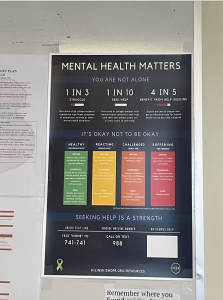
MENTAL HEALTH RESOURCES AND STATISTICS IN COACH ARCHER’S OFFICE (JESS MOSKOWITZ)
For the past two years, NAMI Finger Lakes has partnered with Cornell Athletics to provide mental health programming during Huddle Together.
“The relationship with Cornell athletics is so important, because most people who are diagnosed with a major mental illness start to have symptoms or are diagnosed in college, so it becomes a lot more real for them,” said Sandra Sorenson, executive director of NAMI Finger Lakes.

Coach Archer believes this is just the first step towards normalizing conversations about athlete mental health; he wants to create Huddle Together as its own not for profit.
“I want my athletes to know mental health is part of their overall health and they are not alone,” said Archer.

Below is a list of mental health resources for athletes, coaches and anybody who may need them. If you or someone you know is struggling, you are not alone.
| National Suicide Prevention Lifeline 1-800-273-8255: A free and confidential crisis resource for individuals in distress. If you or a loved one seek support or want to learn more about the best practices for mental health and suicide prevention, call this number. This resource is available 24/7.
988: The Federal Communications Commission (FCC) established 988 as the new, nationwide, three-digit phone numbers to connect with mental health and suicide prevention counselors. Please note that 1-800-273-TALK (8255) is still active as well. Crisis Text Line: Text HOME to 741741 from anywhere in the United States to connect in real-time via text messaging with a trained crisis counselor. This service is free, confidential and available 24/7. The Trevor Project: Focused on suicide prevention efforts for the LGBTQ+ community The Hidden Opponent: A non-profit and advocacy group that raises awareness for student-athlete mental health and addresses the stigma within sports culture. Hilinski’s Hope Foundation: Fighting to raise mental health awareness, de stigmatize mental illness, and provide quality resources to student athletes nationwide.
|

